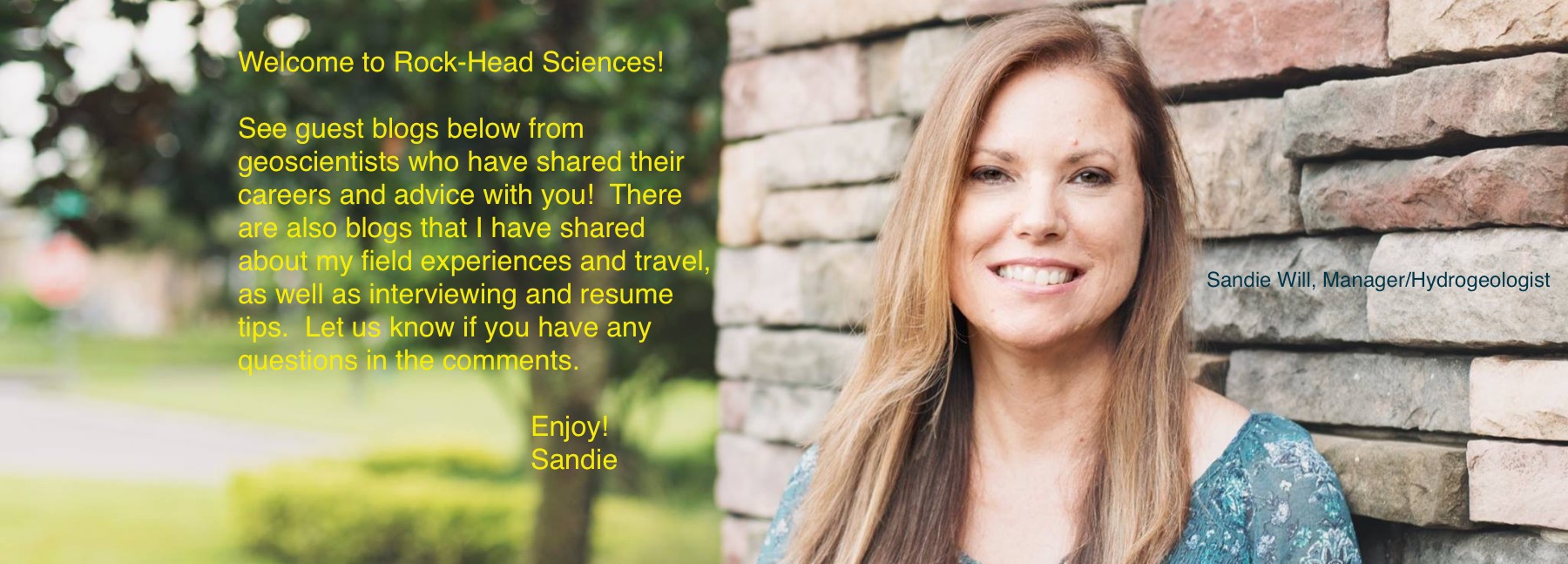NAME: Mike Simpson
CURRENT TITLE: Postdoctoral Research Assistant on Decision Analysis for Natural Hazards, University of Oxford, United Kingdom
AREA OF EXPERTISE: Hydrology and Water Resources Modelling
YEARS EXPERIENCE: 7
EDUCATION: PhD in Water Resource Assessment (nearly finished!); MSc in Hydrology; and a BSc in Biology
WEBSITE: http://www.eci.ox.ac.uk/people/simpsonmike.php
What’s your job like?
I have one of those jobs where you learn new things all the time. In my PhD, I was looking at fine detail modelling of hydrogeology and very small catchments on islands in an environmental hydrology context. So far, my postdoc has looked at national-scale resource assessment and is much more concerned with human processes such as decision theory and the planning and costing of strategic infrastructure. International travel is pretty rare, although good when it happens (I was in Australia earlier in the year to test out some new software), but every month or so I’ll be at a meeting or conference in the UK. My research group comprises researchers in all types of natural hazards, and we meet up every three months or so to talk about our work and discuss plans.
A postdoc is much more like a consultancy job than most academic positions. There is relatively little contact with students, although I work closely with some PhDs. There is a good sense of teamwork and lots of collaboration on projects, rather than everyone solely researching their own work.
What’s a typical day like?
Much of my recent work has been research and writing or building water resource models. If I’m researching I’ll spend some time in the office and some time in the library, otherwise I’ll be writing code and reading reports from water companies for much of the day. A big part of academic research is collaboration, so I regularly catch up with colleagues over a cup of tea or lunch, usually at the nearby Linacre College. Oxford has a really busy program of evening talks, so there’s often a good speaker to see, although I’m often too busy with a deadline to actually go! On Wednesdays, there are departmental seminars, and on Thursdays, there is an interdisciplinary seminar series on water, both of which are good for stimulating ideas. On Friday mornings at 11 a.m., the department stops for coffee and cake, which is also an opportunity to meet new staff and visitors.
What’s fun?
There is constantly something new on the horizon. Our section is growing quite quickly, so there’s a lot of new ideas and new directions for work, and because we are in a building with food, ecosystems, forestry and climate researchers, there’s lots of opportunities. Coupled with the large numbers of visiting researchers and guest speakers, this makes for a great research environment.
What’s challenging?
It’s really easy to overcommit! It’s tough to miss events or seminars that are interesting and relevant because other work is looming but finishing off old projects is important. Working as part of a large group can lead to a lot of pressure if you are the one holding everything back, but the trade-off is being able to contribute to some large and innovative projects.
What’s your advice to students?
If you are thinking of working in your subject area, don’t be afraid to ask for advice or even summer work from your department. I worked with a couple of undergraduate students this summer. They were really helpful and hopefully they’ll get dissertation topics from the work. Also, keep an eye out for courses that aren’t necessarily available at undergraduate level – studying for an MSc in hydrology was a change of direction for me, but it has led me to some really interesting work.
